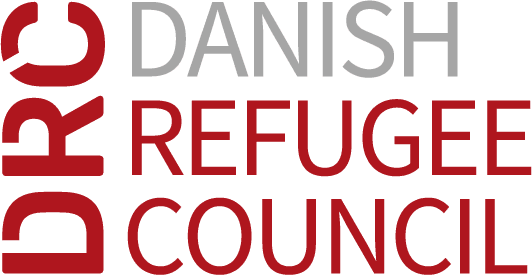

DEMAC’s climate focus at HNPW 2024
16 May 2024
From May 6th to 10th, DEMAC participated in the Humanitarian Networks and Partnership Week (HNPW) 2024, held in Geneva, Switzerland. This is one of the largest annual humanitarian conferences, which provides a collaborative space for practitioners and experts from a large variety of humanitarian stakeholders. This year, HNPW received more than 60 exhibitors, ranging from NGOs, government branches, to private businesses and research centers.
DEMAC organized a panel discussion about diaspora engagement in responding to climate-related disasters. The panel consists of Adriana Delgado, Deputy Director of Help Peru, Daniel Mayen, Research Associate at the Sudd Institute in South Sudan, and Manuel Marques Pereira, Head of Division for Migration, Environments and Climate Change of IOM. The discussion was moderated by Miralyne Zeghnoune, Research and MEAL Specialist from DEMAC.
Adriana underscored that the Peruvian diasporas harbor valuable expertise that make them important players in humanitarian activities: they are culturally sensitive to their areas of intervention, have preestablished trust with local communities, know local partners with varied expertise, and are responding in areas of Peru where very few IHAs are. Adriana also pointed out that diaspora-led organizations are especially well-placed to positively impact both diaspora and local communities: they raise awareness by bringing the challenges faced by local communities to the attention of diaspora members.
Manuel advocated for increased effort in outreach, dialogue and mutual learning among different humanitarian actors: “We all need to learn from each other. Diaspora engagement is easier said than done. Diaspora organizations don’t necessarily speak the humanitarian language or know the acronyms, but they know what needs to be done in times of crises.” Climate change will force many people to shift their lifestyles, and there must be empathy to help share the solutions that other communities may have developed. However, it is not done without challenges. Manuel warned that adaptation can easily turn into maladaptation if foreign concepts and solutions are poorly introduced. Therefore, with local expertise and trust, the diaspora plays an important role in translating and implementing adaptation strategies, developed elsewhere, to produce sustainable and positive changes.
From preparedness to adaptation efforts, the involvement of diaspora is crucial for South Sudan but is closely linked to clan structures, which unfortunately puts those communities with fewer members living in the diaspora in sharp disadvantage. “If diasporas can get more engaged by INGOs in their activities, their contribution will be much bigger than the money that they spare and send home every month,” assured Daniel based on his research and personal experience.
Rewatch the panel discussion
We all need to learn from each other. Diaspora engagement is easier said than done. Diaspora organizations don’t necessarily speak the humanitarian language or know the acronyms, but they know what needs to be done in times of crises.
This panel discussion was organized in association with an upcoming report, in collaboration with IOM United States, featuring five distinct case studies from Peru, South Sudan, Sri Lanka, Tuvalu and Egypt, on diasporas’ crucial role in responding to climate change related disasters and building local resistance. The report is being finalized and will be published in the near future.








